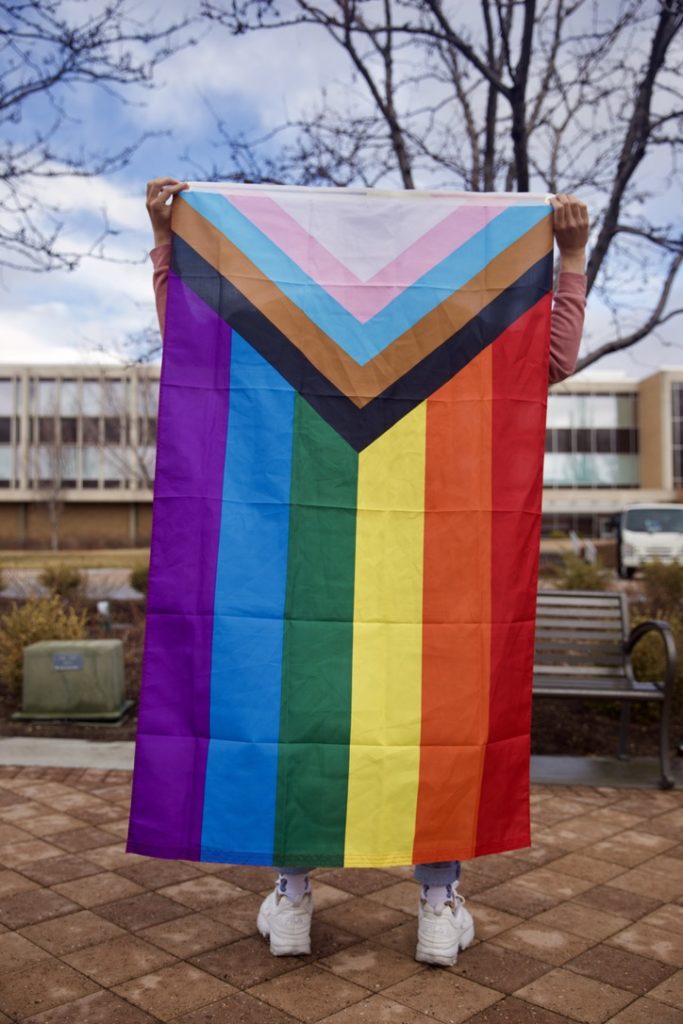
Almost 1,000 BYU students responding to a recent survey identified as LGBTQ in a study conducted by two Provo clinical psychologists.
The research was published this month in the journal “Personality and Individual Differences.” Researchers Jared Klundt and David Erekson got responses from 7,625 undergraduate BYU students — approximately 24% of the student body — and found that 996 of those indicated “a sexual orientation other than ‘strictly heterosexual.'”
Both researchers have been involved with BYU Counseling and Psychological Services in the past. Klundt now works at Encircle, an organization that provides support to the LGBTQ community, and Erekson is currently a CAPS psychologist.
The survey, conducted in 2018, was sent through a BYU Qualtrics link, allowing surveyors to have access to the entire undergraduate student body of more than 31,000. Students decided individually whether to respond to the survey. The research was driven by professors but received “significant support from the administration,” according to Erekson.
The study examined religiosity, mental health outcomes and sexual minority identity at BYU. The study also found that mental health issues may be compounded for LGBTQ students at universities that do not allow or approve of same-sex relationships.
All undergraduates were invited to participate in the study. After surveying those who opted to respond, the study found that “sexual minority students had significantly worse mental health outcomes and well-being than their heterosexual peers.”
The study found that LGBTQ students at BYU were two times more likely to have suicidal thoughts than their heterosexual peers.
Erekson said sometimes people assume there are not many LGBTQ students on campuses like BYU, but this study highlights that there may be as many LGBTQ people at BYU as at any campus of comparable size in the country.
The researchers “found that for sexual minority students, concerns around being accepted by others was the greatest predictor of lower quality of life and higher suicidality, depression, generalized anxiety, social anxiety, and academic distress.”
The study also found that “religiosity acted as a protective factor for both the sexual minority and the heterosexual group, although the effect was weaker for the sexual minority group.”
“Our hope as researchers is that this study reminds campuses everywhere that LGBTQ+ students are likely present in every classroom, and that helping these students feel accepted as part of the campus community can make a big difference,” Erekson said.
In February 2020, many LGBTQ students and allies celebrated on campus after believing that a long-standing Honor Code rule prohibiting same-sex dating was repealed. BYU cleared up the confusion two weeks later by stating that same-sex relationships were still not compatible with the current rules.
On March 4, many BYU students participated in Rainbow Day, an event that encourages supporters and allies of the LGBTQ community to come to campus dressed in rainbows. The event culminated that evening with students lighting the famous ‘Y’ mountain in rainbow colors.
Encircle shared its support for all LGBTQ BYU students in a blog post. “This recent study says one thing very clearly — the LGBTQ+ students at BYU are not alone.” A large number at “BYU (are) LGBTQ+ and we love 100% of them,” CEO Stephanie Larsen said.




